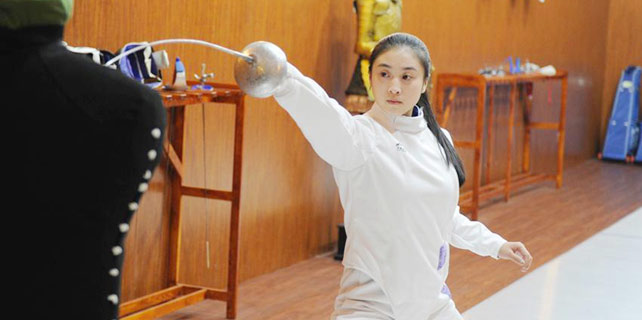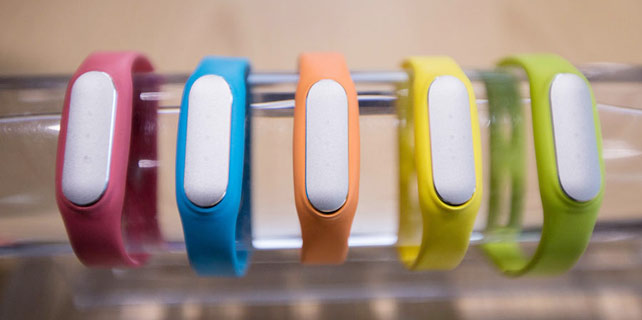Tiffany leads the way in precision ad-buying
American jewelry brand Tiffany & Co.'s Spring Engagement advertising campaign, which reached 9.15 million people in the country, is the perfect example of how luxury brands in China can leverage the power of programmatic buying to grow their business in this digital age, according to MEC China.
Programmatic media buying is the process of purchasing advertising space in real time.
"There is no doubt more luxury brands will be moving into programmatic buying in order to take advantage of the business opportunity and enhance the control of targeted messaging. Tiffany is a true pioneer in the luxury jeweler category," said Gordon Domlija, CEO of MEC China, the media agency that partnered Tiffany for its advertising campaign that was launched in April.
The Spring Engagement campaign in China comprised two videos — one was an emotional piece titled Modern Love while the other, titled Craftsmanship, touched on the quality of the brand's products. For two months ahead of China's wedding season in June (October is the other season), female users of video portals in China were made to watch both videos while male users were shown the latter before they could begin to watch their chosen television series or entertainment programs.
Clair Mah, group director and head of marketing of Tiffany's Greater China region, said that the impact of the campaign still remains to be seen, noting that the process of buying a wedding ring can be a rather long and time-consuming one. Unlike buying a bag or dress on a spur, she said, such a significant acquisition usually requires months or even years of planning.
"It's pretty hard to evaluate the effect of one campaign. But we believe in the power of each message being sent out," said Mah.
In November, Tiffany reported its first rise in sales in eight quarters thanks to strong performances in Japan and China. The company said sales in China have grown by double digits, offsetting the negative performance in its home market in the United States. The company was quoted saying last month that anti-Trump protests had resulted in underperforming sales at its flagship store in New York.
Based on statistics by China's national civil affairs bureau, there were 200 million singletons in China in 2013, representing a massive market that Tiffany and other jewelers can tap into.
China's luxury industry has been experiencing sluggish growth in recent years due to the economic slowdown, a weaker Chinese yuan and the government crackdown on gifting. However, the 179-year-old Tiffany brand has showed no signs of altering its strategy or cutting budgets in the world's second-largest luxury market.
Tiffany currently operates 30 stores in China, accounting for about 10 percent of its global sales network. Chinese consumption, however, accounts for nearly half of Tiffany's overseas sales.
Last year, the brand introduced its T Collection with the hope of connecting with the younger generation of Chinese who are more likely to reward themselves with jewelry rather than view it as something closely associated with love or marriage. The company said that the collection has been a huge success.
















